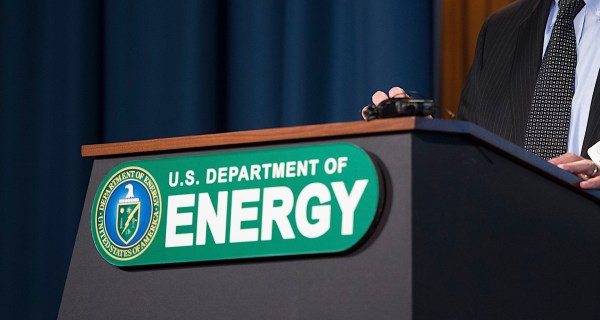Energy Department awards $11.7M for quantum computing research projects

The Department of Energy has allocated $11.7 million in research funding for six quantum computing research projects.
In a press release on Thursday, the agency said the selected projects will last up to four years with $4.8 million being awarded from fiscal 2023 funding. The remaining funds are contingent on congressional appropriations.
The research initiatives are focused on exploring the limitations of the noisy, intermediate-scale quantum processors that are currently available. They will seek to develop tools to ascertain whether a particular quantum processor can advance the frontiers of computational science, even in the absence of formal error correction.
According to the department, the funded projects were picked through a competitive peer review process governed by the DOE quantum testbed pathfinder funding program.
Commenting on the research funding awards, Department of Energy Acting Associated Director for Advanced Scientific Computing Research Ceren Susut said: “Today’s supercomputers allow us to explore scientific problems in ways we haven’t been able to in the past – modeling dangerous or costly experiments, accelerating clean energy options, and mitigating the impacts of climate change. It’s imperative that we understand what quantum computers are capable of so we can build future generations of supercomputers.”
Details of the new supercomputer research funding came after the Energy Department yesterday announced $33 million in fresh funding for research projects focused on clean energy technology.
According to that update, the department has allocated support for 14 projects at universities in regions of the United States that historically have received a disproportionately low amount of research funding.




